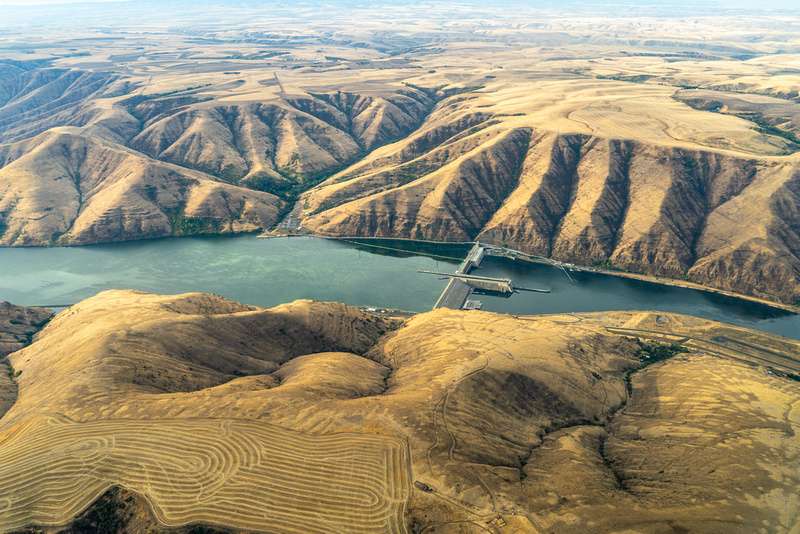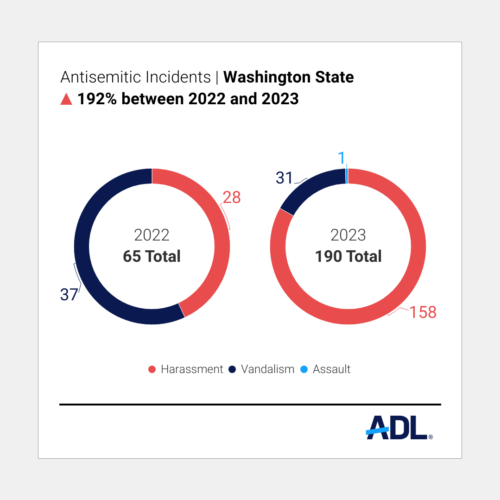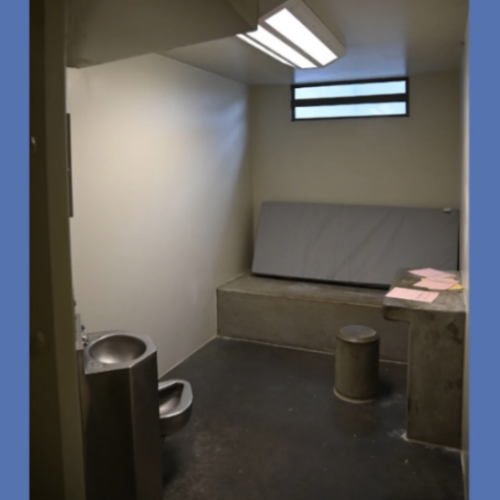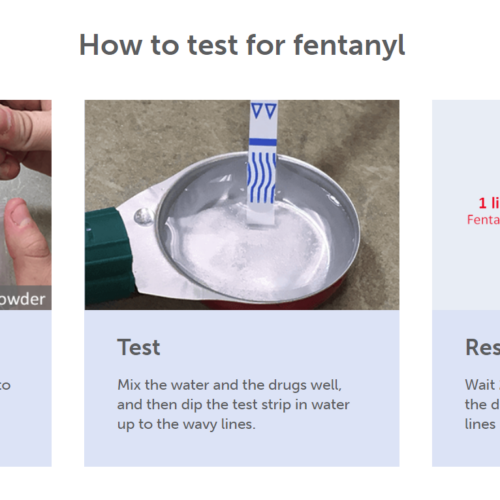
Leaked documents on Snake River dams leads to congressional hearing
Listen
(Runtime 1:00)
Read
After leaked confidential documents suggested the Biden administration could be making moves to help remove Washington’s four Lower Snake River dams – congressional Republicans say they need answers.
So, they convened a fiery hearing dubbed “Left in the Dark: Examining the Biden Administration’s Efforts to Eliminate the Pacific Northwest’s Clean Energy Production.”
In the U.S. House Committee on Natural Resources Subcommittee on Water, Wildlife and Fisheries hearing, several witnesses spoke to the benefits the four dams provide and one spoke to the trouble that endangered salmon and steelhead face.
The leaked documents, which Democrats said are now potentially out-of-date, came out of closed-door talks that stemmed from decades-long litigation.
For about two years, litigants, including tribes and the federal government, have paused the court cases and taken part in mediation, they say, to freely discuss issues with the federal Columbia River system dams and fish. The goal is to put an end to a decades-long court case.
However, dam supporters pushed back against what they called “opaque” discussions.
“This region must grapple with an agreement between the U.S. government and six selected sovereign parties, forged in secret many months ago and only recently made public thanks to the brave acts by a few Northwest congressional leaders who are in this room today,” said Scott Simms, with the Public Power Council, in his opening remarks.
Democrats at the hearing said closed-door mediations are standard practice in negotiations.
“Not only is it concerning that my colleagues received a leaked document from one of the parties in the litigation but more concerning is they determined the best course of action was to leak them further and use this committee’s time and resources in an apparent attempt to hobble settlement negotiations,” said Rep. Jared Huffman, D-Calif.
After reading the leaked information, Republicans took it as a bad omen for the four dams on the Lower Snake.
Washington Rep. Dan Newhouse, who has long supported hydropower, said removing the four dams could be disastrous for the Northwest.
“The Columbia River System, including the Snake River dams, I can’t think of anything more critical to Central Washington and the rest of the Pacific Northwest,” Newhouse said in his remarks.
Other witnesses said removing the dams would be detrimental to ratepayers, like those at Pacific County Public Utility District, said Humaira Falkenberg, the PUD’s power resources manager. Many ratepayers near Raymond, Wash., are below the poverty line, she said.
Removing the dams creates uncertainty for utility districts, she said, and additional costs will disproportionately harm low-income people.
“In confronting the need for justice in particular situations, we should avoid deepening injustice elsewhere. We remain empathetic to the origin story and the importance of salmon to the (tribes) of the Columbia River and the needs of consumers for affordable, reliable, clean power,” Falkenberg said. “But the U.S. Government must exercise moral courage.”
Still, “moral courage” looked different for different people at the hearing. Huffman said the status quo isn’t working for fish, orcas or tribes. Huffman is championing a modernized grid.
“Unless you’re comfortable with all of this extinction, unless you’re comfortable with sticking it to tribes that have depended on these resources for millenia, then I would say it’s long overdue to move past this failed situation,” Huffman said in his remarks.
In addition, Lindsay Slater, with Trout Unlimited, said wild salmon are irreplaceable. Slater worked for Rep. Mike Simpson, R-Idaho, who was the first to put forth a $33.5 billion suggestion to remove the dams and replace the power, irrigation and transportation benefits they provide. Since then, U.S. Sen. Patty Murray, D-Wash. and Washington Gov. Jay Inslee concluded breaching the dams isn’t ready to happen yet – but it could happen one day.
“We went down a rabbit hole we could never imagine,” Slater said of the four-year process that has included meeting with people from all sides of the issue.
During the process, he said, they learned “not going extinct” isn’t a recovery goal to strive for – and spending more than $20 billion over the last 30 years hasn’t saved the fish.
“(Wild salmon) stitch together the fabric of an ecosystem that stretches from the continental shelf to the Continental Divide,” Slater said.
No one from the administration testified, although they were invited to the hearing.
This hearing follows an in-person oversight hearing in Richland last June, where Newhouse said the region “simply cannot afford to lose (the dams).”
Altering or removing the four dams would require an act of Congress.















